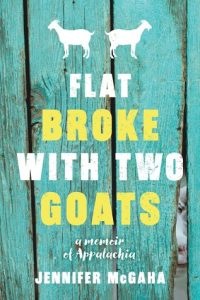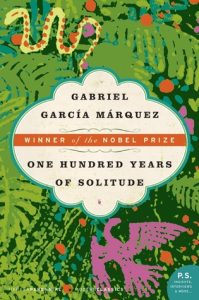 Why do we say that we have stomachaches when in reality the aches happen a little further down the line? Why not “I have an intestineache”* instead? It would be a lot more accurate, for one. Though if we do that, maybe we should also specify whether it’s a small intestineache or a large one, and that would just get confusing, because are you referring to an ache in the small intestine or a small ache in the intestine (unspecified), or a small ache in the large intestine or vice versa? You get the point. Have I surpassed the number of times you can read the word “intestine” without getting a bit uneasy yet? Because while it’s fascinating stuff, the gut, I find it increasingly curious that we have maintained such an aversion to talking about these parts of our bodies and their byproducts – I’m referring primarily to feces, but of course, chyme and other such substances also make us squirm – despite how integral they are to our lives.
Why do we say that we have stomachaches when in reality the aches happen a little further down the line? Why not “I have an intestineache”* instead? It would be a lot more accurate, for one. Though if we do that, maybe we should also specify whether it’s a small intestineache or a large one, and that would just get confusing, because are you referring to an ache in the small intestine or a small ache in the intestine (unspecified), or a small ache in the large intestine or vice versa? You get the point. Have I surpassed the number of times you can read the word “intestine” without getting a bit uneasy yet? Because while it’s fascinating stuff, the gut, I find it increasingly curious that we have maintained such an aversion to talking about these parts of our bodies and their byproducts – I’m referring primarily to feces, but of course, chyme and other such substances also make us squirm – despite how integral they are to our lives.
But that’s more food for thought** than the primary focus of this post, because I just read two delightful books on the gut and I’ve never felt more enthusiastic discussing our stomachs, intestines, and what happens to stuff that goes in and the stuff that comes (back) out (and depending on what animal you are, sometimes right back in again)! The outright bubbly enthusiasm that gushes forth from Enders & Roach in Gut: The Inside Story of Our Body’s Most Underrated Organ (Enders) and Gulp: Adventures on the Alimentary Canal (Roach) is both palpable and infectious – you’re sure to rethink your views about your gut and all the bacteria that reside there, so come and take a vacation in the labyrinth that is your own gut!

